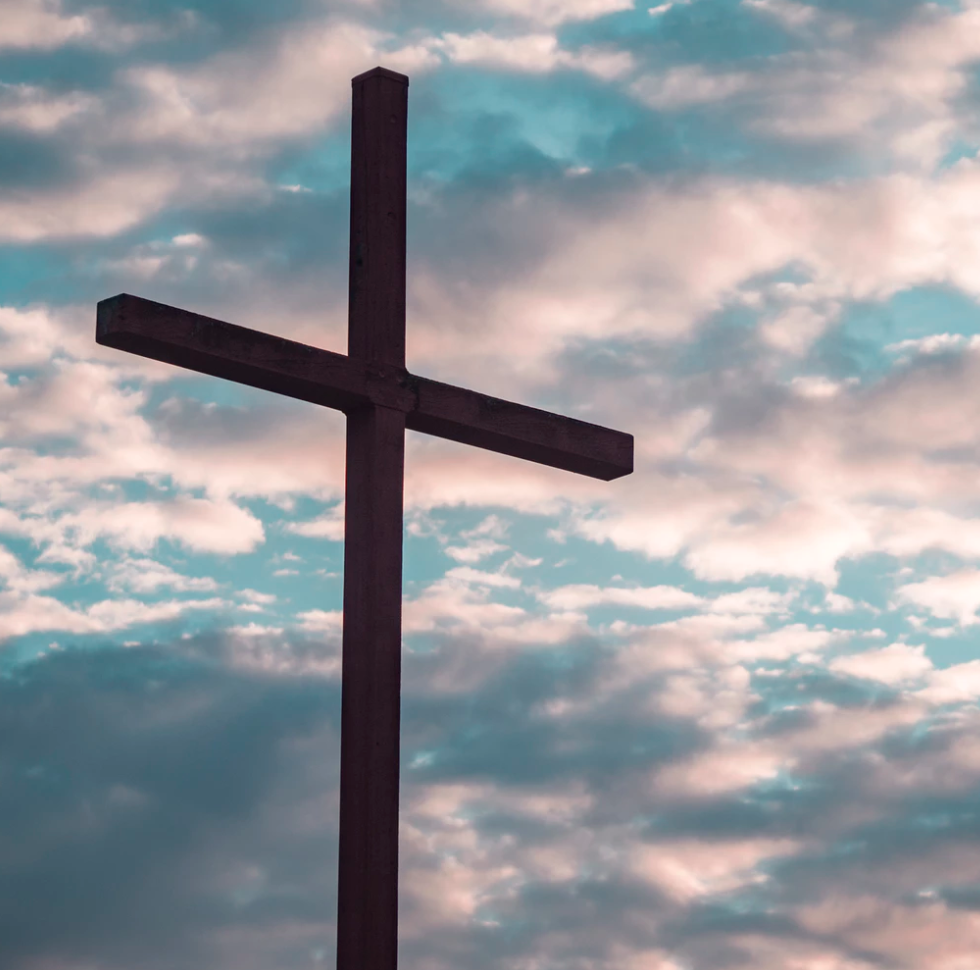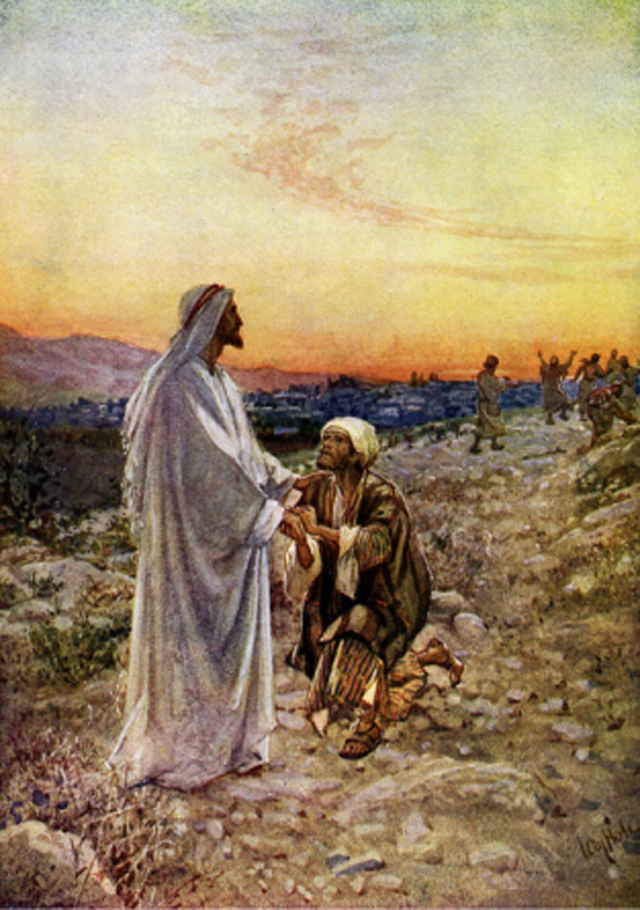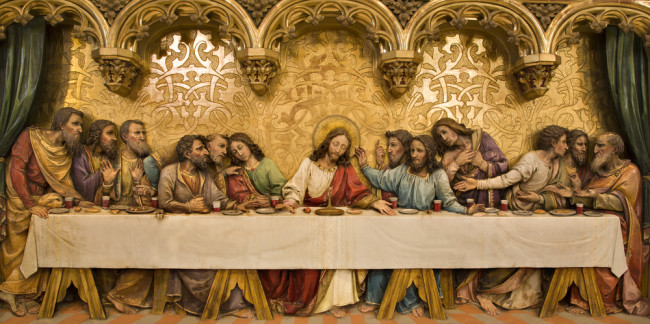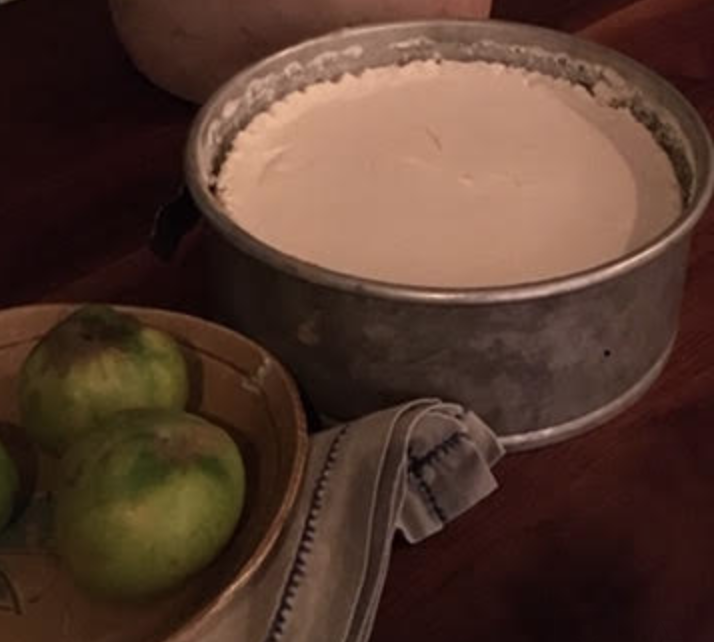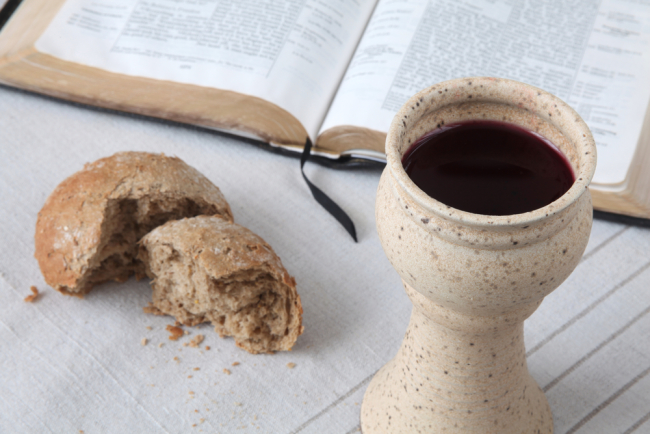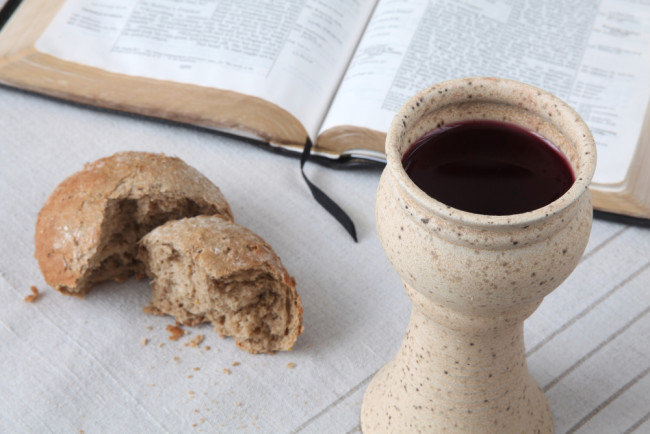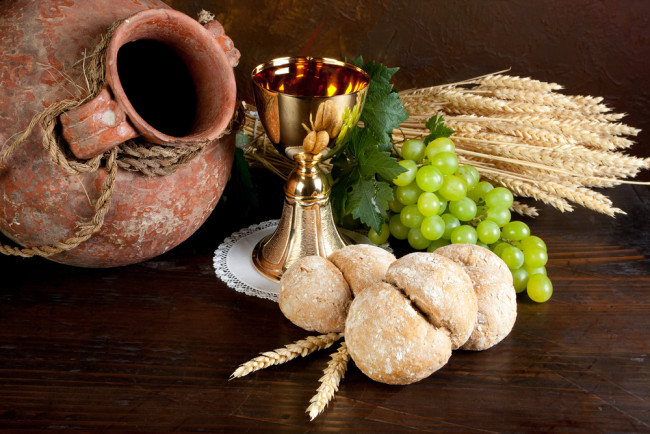A Rationale for Religious Ritual When the Rationality of Words Fail Us
When there is an absence of conscious symbolic ritual, what happens with such a lack of awareness about the power that signs and symbols play in our lives, and the depth or richness of value and meaning they provide? How can we otherwise express what is ultimately inexpressible?
This Easter, progressives will once again preach sermons and write articles in order to do their best to re-frame the Jesus story in a positive light. This isn't one of those articles.
From the Festive Worship collection
The mystery of the Eucharist (Holy Communion, Mass) is only fully perceived when all flesh is seen as embodying both the suffering and the delight of God.
As Christians we are called to love one another above all else, but what happens when we unwittingly bring in elements that illicit feelings of exclusion, rather than loving inclusion, among those at our worship services? Monette Chilson explores two practices with the potential to ostracize and calls us to reexamine them.
Taste and see how gracious the Christ is, Taste and see the wonder of life; Take the bread, the body of Jesus, Break the bread, the flesh of the world; Taste and see the wonder of life.
From the Boundless Life collection
O golden cup of life, A chalice full of love, The space beyond all strife You form our sacred home, Your ways produce delight, Your life becomes our own.
From the Boundless Life collection
Can bread and wine transform our minds With all their complex modes? Can sharing festive liturgies Unlock empowering codes?
31 August 2014
Celebrant: God be with you People: And also with you Celebrant: Lift up your hearts. People: We lift our hearts to God
St John’s Church, Norton Summit, Australia
We aim to present a service that offers accessibility to real Christian understanding and faith for people in today's society who come with a broad range of needs.
This body knows what it is like to have a nice house and a good job It knows what it is like to feel uneasy about being wealthy
Here is bread and here is wine, Food and drink we savor with delight; Now upon this altar blessed, Moving us beyond our taste and sight.
For deeper love we spread the bread I won’t be full till all are fed Till every soul has home and bed The rest of us can’t move ahead
The invitation is announced To greatest and to least; For all are welcome; “Come with us; Share this symbolic feast.”
The central focus for Christian liturgy is the ritual Eucharist. Traditionally Eucharist (which means “thanksgiving”) has reenacted the last meal Jesus ate with his followers before the blood sacrifice of his execution at the hands of the Romans, but with the dogmatic interpretation that Jesus died to save sinners from hell in the next life. Twenty-first century progressive Christians are concerned more with living a life of justice-compassion here and now (as Jesus taught) than reconciling with a god that demands blood sacrifice in exchange for a carefree afterlife. What is required is to act with justice-compassion in radical abandonment of self-interest. Suppose that instead of terrorizing ourselves with the Advent of violent judgment, we were to celebrate the Advent of the Christ consciousness; instead of a Eucharist mourning the personal holocaust of Jesus’s death, a Eucharist of Ordination, in which we recommit ourselves to the great work of distributive justice-compassion? We have the power, at any moment, to transform the way we live our lives. We can choose not to participate in the retributive system of imperial war and systemic injustice. We can step into the kind of ongoing parallel universe of God’s justice-compassion at any moment. We can change our consciousness, change the paradigm in which we live, whenever we have the will to do so. Jesus is not coming again. We are; and when the rare opportunity presents itself, we can break the alabaster jar in remembrance of her.

